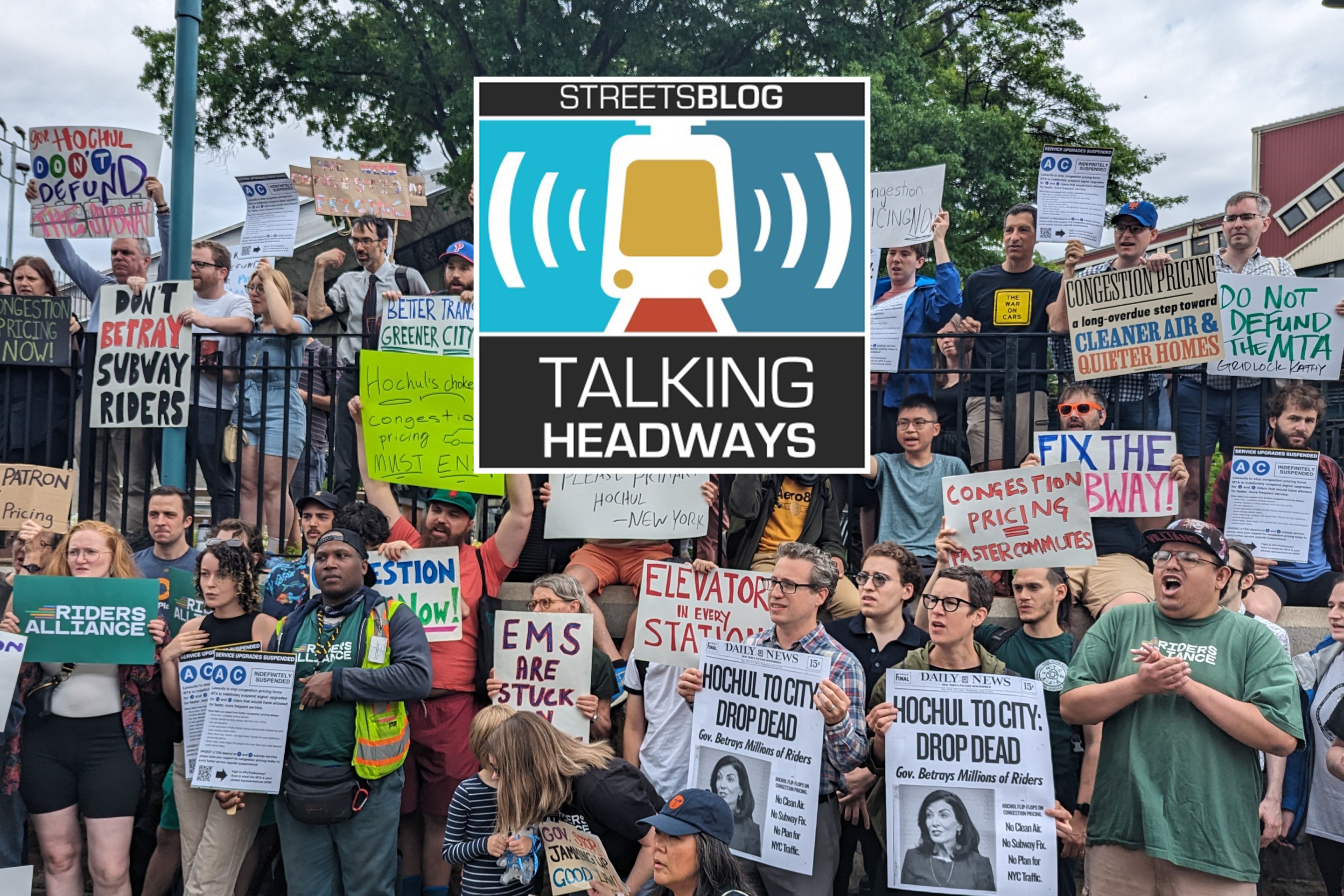Oregon is one of the few states where cyclists and pedestrians are supposed to have a little extra protection under the law. In this state and a handful of others with "vulnerable user" statutes, motorists whose carelessness results in injury or death for a pedestrian or cyclist are supposed to receive a penalty that goes above and beyond the standard traffic ticket.
But it looks like in practice, enforcement is not always as straightforward as the advocates who fought for these laws would hope. Jonathan Maus at Bike Portland outlines a recent case that would seem to fall squarely within the reach of the law. The police disagree:
On July 8th, a 35-year old Providence Hospital surgeon from Hood River, Christeen Osborn, was riding her bike northbound on Highway 101 a few miles south of Cannon Beach when she was hit from behind by a mini-van being driven by 78-year Wanda Cortese from Kennewick, Washington. Based on an investigation and witnesses interviewed by the Oregon State Police, Cortese was found at fault for the collision and was given a citation for "Failure to drive within a lane," a relatively minor traffic violation that comes with a $260 fine.
The collision made me wonder whether or not Oregon's landmark "Vulnerable roadway user" (VRU) law should have been triggered. That law created an enhanced penalty for any vehicle operator convicted of careless driving whose actions, "contribute to serious physical injury or death to a 'vulnerable user of a public way'".
Maus sought answers directly from the Oregon State Police. Here's what a spokeman had to say:
The Careless Driving statute is not a catch-all for any situation involving a bicycle-involved traffic crash. The trooper's decision to cite is based upon whether there is enough evidence to prove that the driver was operating the vehicle in a manner that endangers or would be likely to endanger any person or property. The fact that someone was injured is not necessarily enough to prove the vehicle was being operated carelessly or recklessly. Unless there is a change in the trooper's decision based upon available information and evidence related to the crash investigation, the original cited charge will remain in effect and move forward in court.
Which led Maus to conclude that there might be a fundamental disconnect between the way advocates who pushed for the law interpret it, and the way law enforcement officials do:
To traffic safety advocates and people that spend most of their time as vulnerable roadway users, any carelessness or even minor transgression while operating a car or truck can mean the difference between life and death and they naturally want to see more consequences when tragedy strikes. People who don't spend much time as a vulnerable roadway user, and who are more likely to sympathize with an auto-centric outlook on these situations, will tend toward a higher tolerance for unsafe behavior behind the wheel. Or, to put it another way, they will be less likely to consider potentially life-threatening behaviors as anything other than minor infractions.
Elsewhere on the Network today: Urban Milwaukee reviews Chris Leinberger's new book "The Option of Urbanism." Reconnecting America shares a study about how standards that dictate wide streets in suburban areas are a de-facto parking policy. And Second Avenue Sagas wonders how long it will be until New York city has a single pass for transit and bike share.






